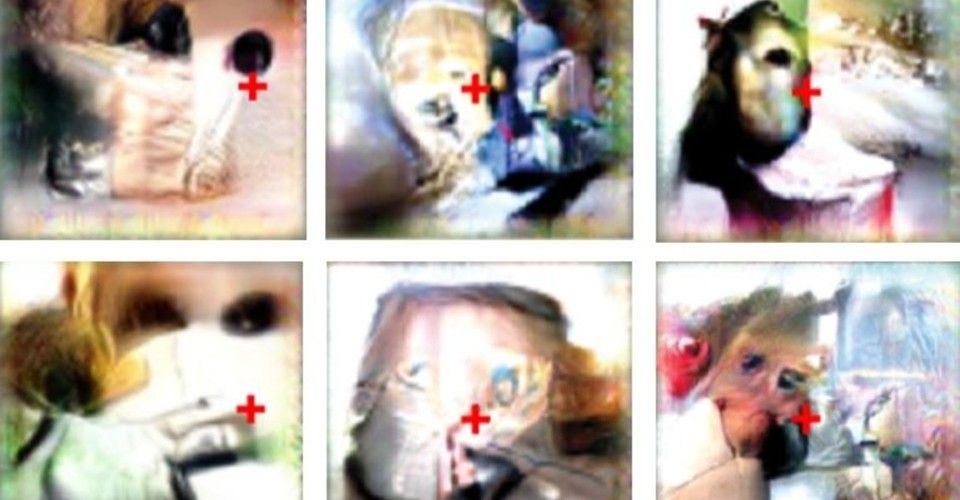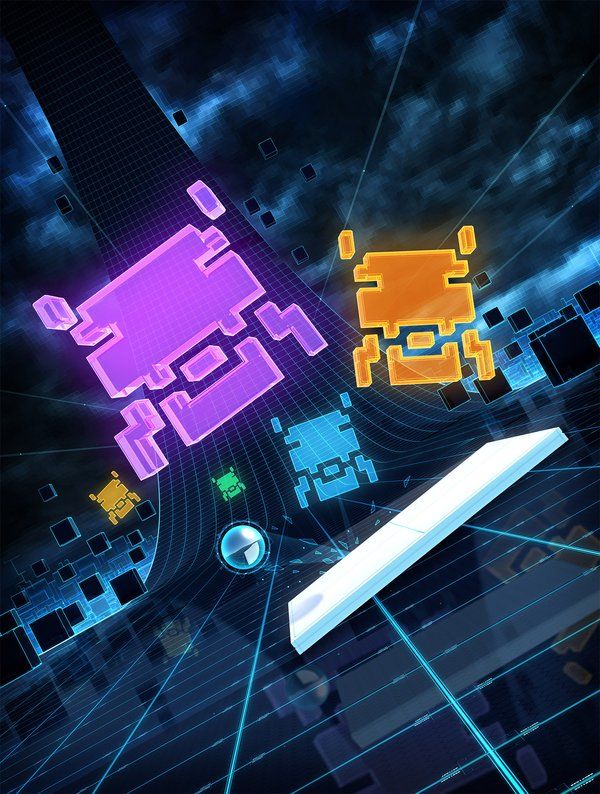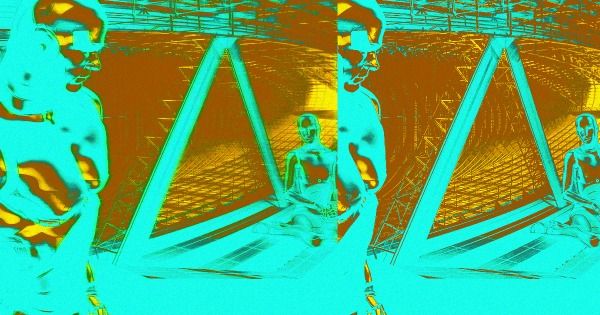So why not ask the neurons what they want to see?
Read: The human remembering machine
That was the idea behind XDREAM, an algorithm dreamed up by a Harvard student named Will Xiao. Sets of those gray, formless images, 40 in all, were shown to watching monkeys, and the algorithm tweaked and shuffled those that provoked the strongest responses in chosen neurons to create a new generation of pics. Xiao had previously trained XDREAM using 1.4 million real-world photos so that it would generate synthetic images with the properties of natural ones. Over 250 such generations, the synthetic images became more and more effective, until they were exciting their target neurons far more intensely than any natural image. “It was exciting to finally let a cell tell us what it’s encoding instead of having to guess,” says Ponce, who is now at Washington University in St. Louis.







